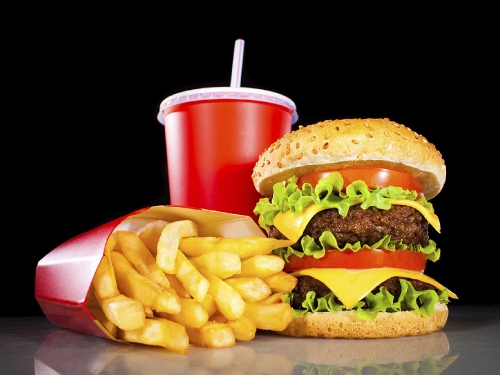New Adversities for the Young

Epidemiologists alarmed by the rise in colorectal cancer incidence in young adults
By Rosy Jose
First the good news. There was a time when colorectal cancer mostly surfaced after middle age (50 years), and was the second most common type of cancer diagnosed. In recent times, there has been a significant decrease in the total number of colorectal cancer cases being detected. This is the result of awareness and the high availability of good screening facilities. However, epidemiologists are baffled by the 186 percent increase in the number of colorectal cancer cases in adolescents and young adults (15-24 years) over the past 30 years. In fact, between the ages of 25 and 29 years, colorectal cancer is very aggressive and the most common cause of cancer death. Researchers claim that by 2030, colorectal cancer incidence rates will be up 90 percent in people between the ages of 20 and 34. Even in India, colorectal carcinoma in the young seems to be an emerging problem.
Most forms of colorectal cancer start from benign or noncancerous growths (or polyps) from the cells that line the inner surface of the colon or rectum. The conversion from being benign to cancerous may take years. However, once this benign polyp turns cancerous, it will grow and is capable of invading even the surrounding organs.
Most forms of colorectal cancer start from benign or non-cancerous growths (or polyps) from the cells that line the inner surface of the colon or rectum. The conversion from being benign to cancerous may take years.
Causes of Colorectal Cancer
The causes of colorectal cancer in younger adults is sometimes attributed to genetics, race, and ethnicity. However, the latest studies show that there is a strong correlation between lifestyle choices that lead to obesity and this form of cancer.
Alcohol consumption:
Studies show that even moderate levels of alcohol consumption can increase the risk of colorectal cancer.
Dietary factors:
Diets that are low in fiber but high in fat and cholesterol, especially with huge quantities of red meat or processed food, have been linked to higher incidences of colon cancer.
Smoking:
This alone increases the danger of developing colon cancer by 18 percent.

These bad lifestyle choices among children and young adults have recorded rising rates in obesity worldwide, which is most prominent in developed countries (with 60 percent of cases being registered). Between 1975 and 2016, the worldwide prevalence of obesity has nearly tripled. As of today, one-third of the world’s population is obese or overweight. The main reason obesity is thought of as a potential driver of early-onset colorectal cancer is because it causes harmful and chronic inflammation in the body, which in turn hampers the body’s ability to ward off viruses and other diseases. Scientists also propose that changes in the environment and dietary habits of people are causing irreparable changes to the body’s microbiome, with resident, useful bacteria being replaced by harmful strains.

The cause for delayed treatment can be attributed to a lack of awareness and no timely screening, due to a misconception that colorectal cancer is rare among the young. Unfortunately, by the time the proper diagnosis is made, about 50 to 60 percent of cases have advanced to stage 3 or 4 levels of cancer. In fact, one-fifth of the cases today are young adults.
Many people with colon cancer experience little or no symptoms in the early stages of the disease. Even when symptoms appear, most people shirk it off or treat other conditions, such as hemorrhoids, or a normal case of the stomach bug. To add to the problem, symptoms vary, depending on the size and location of cancer in the large intestine. The most common symptoms are bowel changes (diarrhea, constipation, blood in the stool, etc. that last for more than a few days) or rectal bleeding. The only way to prevent this form of cancer is awareness and preventive action

- Following a strict protocol for those with modified bowel cancer and increased risk factors with changes in diet and physical activity
- Understanding a family’s cancer history
- Recognition of bowel cancer signs and symptoms to look out for
- Early detection with cost-effective and non-invasive screening procedures like flexible sigmoidoscopy or Cologuard (an FDA approved home kit)
- Involvement of a multidisciplinary team of physicians, social workers, nutritionists, psychiatrists, and fertility specialists can help young adults during the course of treatment to maintain a good quality of life
- Research funding to understand the various environmental and genetic factors that lead to an increased incidence of colorectal cancer
Dying of colorectal cancer should not be an option because it is curable if caught early. The cure rate for this cancer is greater than 90 percent if detected in stage 1, 40-60 percent in stage 2 and comes down to 10 percent in stage 3. Thus, early detection is of utmost importance in ensuring a long and cancer-free life.
















